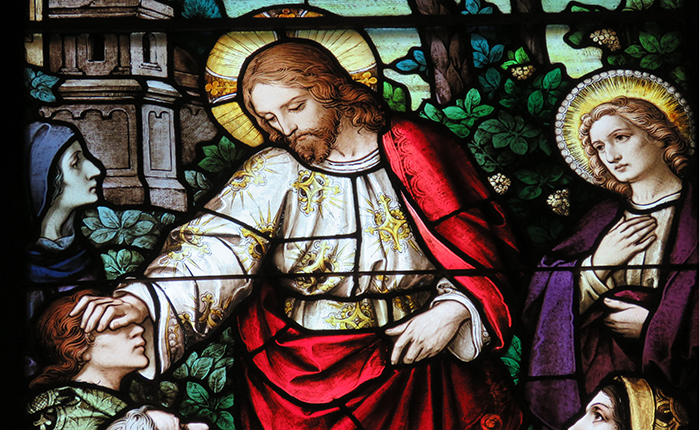Dear Friends,
On Monday of this past week, the Church in the United States had its annual day of prayer for the legal protection of unborn children. With the overturning of Roe v. Wade two years ago we might think that concern for unborn children is no longer an issue but, in most states, it is more of an issue now than ever before.
Since abortion became common fifty years ago, I would say that every single one of us, in some way, has been touched by this phenomenon of abortion. Whether through our parents, our siblings, our spouses, our relatives, or our friends, we have either been directly or indirectly touched by abortion.
Since it has been so common, I want to say clearly that if you have been party to an abortion—because you’ve had one, or because you’ve encouraged someone to have one—and you feel sorrow and regret over that decision, I want you to know that God’s mercy is generously extended to you. If you’ve sinned, (and who among us hasn’t sinned in some way?) I want you to know that God’s grace is offered to you with abundance.
Sometimes, we can begin to absorb the societal thinking that there is no harm in having an abortion, that the Church is simply behind the times or is male dominated and so does not understand the present world. When we begin to think that way, it is good to remember that the opposition to abortion has a long history among Christians. In the Didache, which was written by Christians in the First Century and gives guidance on how to live as a Christian, we read these words: “You shall not murder a child, whether by abortion, or by killing it once it is born.”
You might wonder why it is that the Didache had to specify not killing your child once it is born. Isn’t that obvious? As it happens, in the ancient world, a child was considered the sole property of the father. A father could beat his child, sell his child into slavery, and could even kill his child without penalty as the child was considered the father’s property in much the same way that his cattle were considered his. Therefore, the Didache had to address this issue in the ancient world, and it clearly stated: “You shall not murder your child once it is born, and you shall not murder your child by abortion.”
One of the things that set Christians apart in the Roman Empire was their absolute care and love for all people. It was why the Church flourished in the midst of the decadent Roman times – they lived amazing lives of service to others. In the opinion of early church fathers and mothers, who knew the apostles, it was wrong to kill your child once it was born, but it was also wrong, to kill your child when it was still in its mother’s womb. Care for the orphan and widow has a long history in Scripture. Scripture and the Didache affirm how God values every human life from its very beginning. Through the gifts of modern technology, we can see that a fetus—a young life at three or four weeks of age—is amazingly able to pump blood through its heart. We can see that the young life’s arms and legs are forming at around week three or week four. We can see that around week nine, the baby’s fingertips are starting to experience definition. We know at week twelve that their nervous system is so developed that they can actually experience pain. We can see that this is a child at its earliest stages.
Can you and I change the world in which we live? Societal views are powerful and difficult to fight against. However, long ago when the Church was young, she was able to transform the Roman Empire through the amazing lives of early disciples and their commitment to love everyone. Perhaps that can happen again. Let’s pray that our lives might be an example to others of a heroic witness that every human life is valued. And, let us do what we can to support that life. One way of doing that in our little corner of the kingdom is by supporting The Bethlehem House who provides a place for pregnant women and new mothers in need.
Peace,
Fr. Damian



